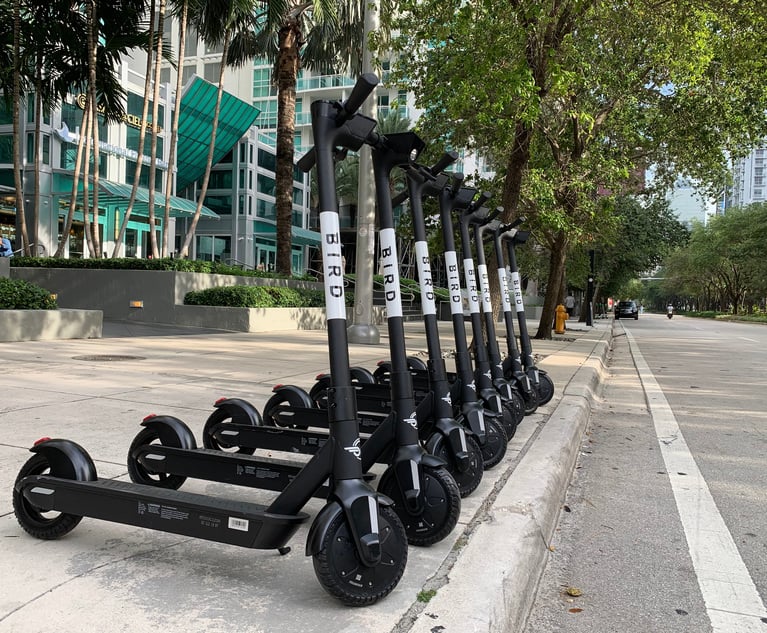 In the wake of the #MeToo movement, various provisions were added to New York state’s 2018-19 budget bill to address the “scourge of sexual harassment” and shine a public spotlight on such claims. N.Y. State Senate, Stenographic Rec., 241st Leg., Reg. Sess., at 1855. A new section of Article 75 of the Civil Practice Law and Rules (CPLR) was included to prohibit employers from mandating arbitration of sexual harassment claims, thereby affording accusers the option of a public trial. See CPLR §7515. On June 26, 2019, less than a year after §7515 became effective, the U.S. District Court for the Southern District of New York held that this prohibition was preempted by the Federal Arbitration Act (FAA) and its strong policy of enforcing arbitration agreements. See Latif v. Morgan Stanley & Co., 18-cv-11528 (DLC), 2019 U.S. Dist. LEXIS 107020 (S.D.N.Y. June 26, 2019). The decision is significant but is not likely to be the last word on the subject.
In the wake of the #MeToo movement, various provisions were added to New York state’s 2018-19 budget bill to address the “scourge of sexual harassment” and shine a public spotlight on such claims. N.Y. State Senate, Stenographic Rec., 241st Leg., Reg. Sess., at 1855. A new section of Article 75 of the Civil Practice Law and Rules (CPLR) was included to prohibit employers from mandating arbitration of sexual harassment claims, thereby affording accusers the option of a public trial. See CPLR §7515. On June 26, 2019, less than a year after §7515 became effective, the U.S. District Court for the Southern District of New York held that this prohibition was preempted by the Federal Arbitration Act (FAA) and its strong policy of enforcing arbitration agreements. See Latif v. Morgan Stanley & Co., 18-cv-11528 (DLC), 2019 U.S. Dist. LEXIS 107020 (S.D.N.Y. June 26, 2019). The decision is significant but is not likely to be the last word on the subject.
‘Latif’ and Its Impact
The plaintiff in Latif was a former employee of Morgan Stanley. Prior to starting his job, he had signed an offer letter incorporating Morgan Stanley’s arbitration agreement. Latif, at *2. The arbitration agreement provided that any “covered claim” arising between the parties “will be resolved by final and binding arbitration.” Id. at *2-3. “Covered claims” were defined to include “statutory discrimination, harassment and retaliation claims.” Id. at *3.






